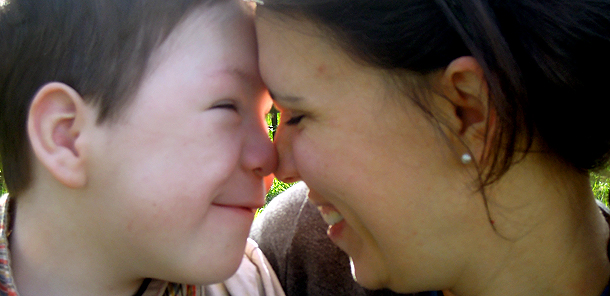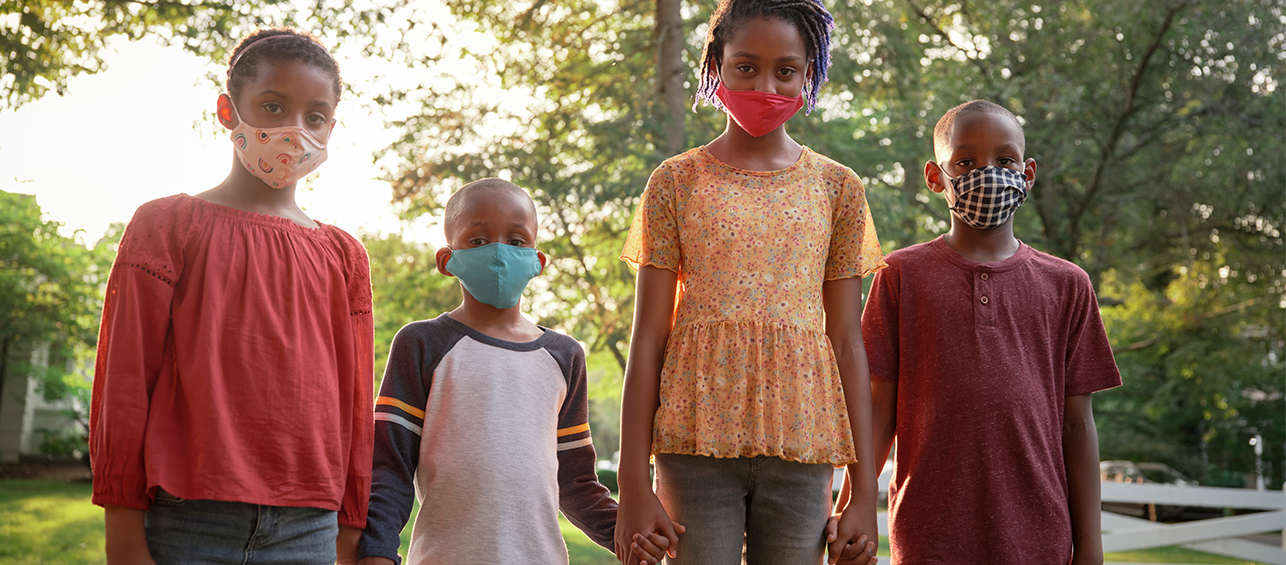We talked last time about becoming an advocate for your child and what that involves, but it can still be hard to know how that plays out in the daily mess of appointments, phone calls, school meetings, and even social situations. Here are five tips that I’ve found to be consistently true and helpful.
1. Respect but don’t revere your child’s doctors and therapists.
It’s not an easy balance to strike, but it makes all the difference in empowering yourself to make the best decisions for your child. In the throes of seizures, it can be tempting to hand too much over to the expert, to simply defer to his suggestion or accept her prognosis. Likewise, some struggle with a tendency to discount or explain away a doctor’s advice, whether from struggling with denial or having dealt with the ramifications of doctor’s decisions in the past. But, as parents, we have to remember that, ultimately, physicians are resources that enable us to make better decisions for our child. They possess expertise that we do not, but we possess expertise they can never acquire in knowing our child, in seeing their big picture.
2. Initiate.
When you have a doctor’s appointment, think about it ahead of time. What is the main thing you want to know when you leave? What is the main thing you want to communicate to this doctor so he or she has a fuller, more accurate view of your child? When someone recommends a piece of equipment, do you fully understand why? How does it fit in to your child’s bigger picture? And it’s not always medical or developmental situations in which you have to be ready to advocate. Many times, it’s social: if your son can’t speak, how can you help him form relationships with other kids? If your daughter looks different than other kids, how can you help bridge that gap until they can see her more clearly? Sure, sometimes it’s better to let things play out, but you can best make that call by being watchful and thoughtful and ready to step in if needed.
3. Ask the hard questions.
Without expecting anyone to be able to see into the future, don’t be afraid to ask the hard questions. “What if we choose not to do this treatment?” “Who else would you recommend we consult about this decision?” “If I had to choose one priority for my child’s therapy, what would you suggest?” “Would we be able to accomplish the same results with half of the visits/sessions?” When it comes to your child, you can’t rely solely on volunteered information when making decisions, so be a hard, critical thinker and ask those questions that arise in the process.
4. Wear them down.
As we discussed, there is a reason why YOU are the advocate for your child: you know him best and you are responsible for him. This is not the case for doctors, office staff, equipment suppliers, or insurance companies. And since your child cannot be their top priority, there will be times when, in order to get what you need, you will have to be the squeaky wheel. Ask for names of people with whom you’re speaking. When promised a response, ask for a date or time when you will have it. Take notes. Call frequently. Daily, if necessary. And, at all costs, resist the temptation to show frustration. It almost never works and this is not that kind of a battle anyway. Think of it more as a statement: that you will not be going anywhere until this issue is resolved.
5. Make the decision and move on.
Often, when your child is very complicated medically or developmentally, it can feel like there is no best or clear-cut answer. But the decision still has to be made and you have to make it. No one can do it for you. So, whether the issue is huge or small, collect your info, keep your eye on the big picture, make your decision and, within reason, stick to it. This might seem counter intuitive, but remember that, as an advocate, even though you are always looking out for your child’s bigger picture and standing at the ready to advocate when needed, you are not responsible for every outcome. Not every physician will cooperate. Not every child will be kind. But if you’ve done your part as your child’s champion, you can let that go and move on.
Advocating is not easy and it’s not something any parent ever masters, but there are few other jobs more important or rewarding. There are still times when I’m uncertain as to whether it is best to let something slide or put my foot down, but with practice I am becoming a better champion for my son. It’s a role I will gladly play as long as he needs me.
Editor’s note:
If you’d like to follow Annie, read her blog: Collin the Champ.
Some additional advocacy resources are available on our website:
1. The Special Needs Resource Directory has a section on advocacy.
2. The Family Resource Center helps families, community providers and agencies find health information, community resources and support. Call 513-636-7606 for assistance.
3. Our division of Family Relations provides resources and support before, during and after your visit.





